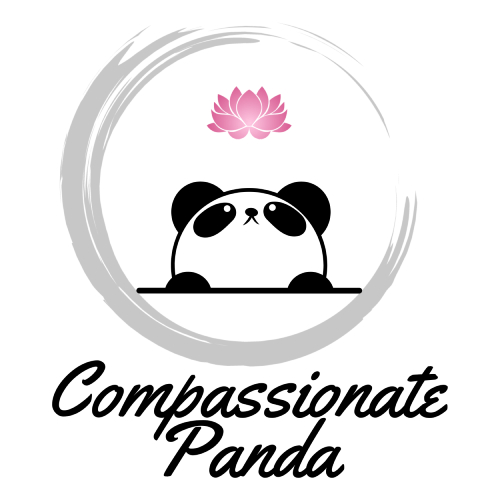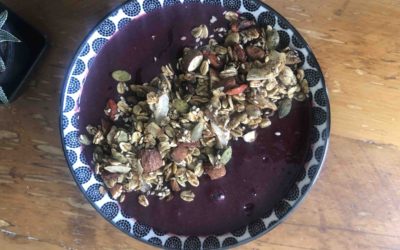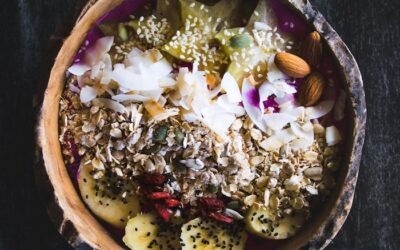What is naturopathy? It’s being nourished and nurtured by nature
I was first drawn to naturopathic medicine when I learned it is a system. That it is based upon the principle that within us lies an innate wisdom and ability to heal and be well if we give our body-mind and spirit the environment within which to do so. As such, the term ‘naturopathy’ does not encompass a specific set of modalities, as is commonly thought, but instead reflects a philosophical understanding. Indeed, I became so interested in the philosophy of looking for the root causes of health imbalance, and learning how to live holistically, that I completed a Bachelor degree in Health Science specialising in naturopathy. That I also got to study and practice the art of herbal medicine and both holistic and clinical nutrition was a bonus. It was a tough 5 years of study (it was a 4-year degree that I chose to spread over 5 years), but I’m pleased I learnt what I did as I have used this knowledge every day during that time, and in the decade or so since.
But what is a naturopath you may be asking? Well, I think it’s important to point out that naturopaths are not medical doctors. But provided they are bachelor degree (at least) qualified, then they can be considered trained specialist practitioners who utilise natural medicines that typically take the form of herbs, dietary and lifestyle change, and sometimes vitamins and minerals—all aimed at creating a more harmonious environment in the body.
And so, this is the knowledge I continue to apply to my life—assessing any imbalance I am experiencing and correcting it through my lifestyle choices, food selection, spiritual path, and a herbal tonic or two!
I am more than the sum of my parts
What I particularly love is how the naturopathic system embraces a holistic approach to health promotion. This means I acknowledge myself as having physical, mental, emotional and energetic/spiritual aspects. These facets are completely interconnected, so how I think and what I believe creates my emotional state, which can then affect me biochemically/physiologically. I am a combination of all these facets…but also my environment.
After all, I recognise that as I also interact with my outer world (my social/environmental connections), thus I can both influence and be influenced by the world around me.
True wellbeing requires balance
I now recognise that any imbalance I experience may manifest as a functional disorder in my physical or mental wellbeing—and this may occur for many reasons. Therefore, to return to a state of wellbeing, I know I need to create either a simple or multi-faceted solution. For example, if I am unwell, then I will typically need a therapeutic intervention that influences my physiological state; however, there will usually also be a need to rebalance my emotional and energetic aspects before I can truly be well again.
Let’s say I become unwell with the flu—whilst I can take some herbs to help support my immune system, and some nourishing foods to keep my energy levels up, I might look to how my mental/emotional/spiritual state have been recently, as the #1 thing that depletes the immune system in this modern world is stress. So, once I’m better again, I would consider how it was that I was so run down that I became unwell in the first place and address this. Because I consider myself responsible for my wellbeing (in as much as is possible—not everything is in our control), therefore, it is up to me to tackle anything within my means that is creating stress upon me.
Acknowledging mainstream medicine
That’s not to say that I reject mainstream medicine—quite the opposite—I am very grateful for it in emergencies and/or for the odd infection that has taken hold and that, for example, required an acute course of antibiotics. And I have been privileged to work with some great GPs and other health professionals in my time, in collaborative environments where we shared our resources and focussed on what our patients (not our ego’s) needed the most (which is often to take a multidisciplinary/complementary approach). Fortunately, my studies and experience taught me how to work safely alongside mainstream medicines. Plus, I have had a few amazing GPs of my own to play the role of ‘sounding board and medical advisor’ whenever I needed something that my herbal dispensary was not able to address. I have always been deeply respectful of both traditional and mainstream medicine from all around the world, and both myself and my GP colleagues have been able to discuss and acknowledge the strengths and gaps of each approach and work accordingly. In my experience, the best results occur when we collaborate.
I love being nourished and nurtured by nature
The heading says it all. But it really is at the heart of why I love living naturopathically—this sense of being nourished and nurtured by the natural world I am a part of. I eat close to the earth—meaning I choose to eat mainly whole foods with little to no ‘human intervention’ (unprocessed and unrefined for the most part); I have followed a vegan diet for the past few years now (and feel better than ever in body-mind and spirit for doing so); I look only to plants for my wellbeing and also create herbal tonics and teas depending upon how I’m feeling—for instance, if I’m feeling a little tired or anxious I can balance that with herbs while I look to the ’cause of the cause’ and correct that. I also choose to get out into nature to refresh my spirit as often as possible.
…and it’s important to avoid toxicity
I also minimise any toxins entering my body or my environment and ensure my gut is functioning optimally. The gut is the most important of our natural detox pathways and needs a healthy environment to do its job well. Indeed, one of the tenets of naturopathic philosophy is to avoid ‘toxic encumbrance’, which means not allowing a build-up of toxicity in the body that would impact cellular function—a concept that is recognised by contemporary functional medicine, nowadays.
Living naturopathically is like having a never-ending healthy-life resource
And whilst I continue to have many areas of study interest, of all I have learnt over the years, my degree has given me one of the best life resources I could have invested in—an entire system to draw upon and live by. So my gratitude will always lie with my teachers, who were so generous with all they shared with me during that time. And as I continue to enjoy good health (and long may it last!), I know that much of this is due to my learnings and what the system of naturopathy has offered and continues to offer to me with regards to a philosophical framework to live by, reflect upon, and inspire me—plus the knowledge to use some of natures amazing plant medicines along the way.
A word of warning
Note: My readers come from all over the world, so for anyone reading this and wondering if they should see a naturopath for some concern they have I offer you this — be aware that naturopathic training differs all around the world and the title is unprotected. In Australia (where I studied), I completed a 4-year bachelor degree with majors in clinical nutrition and herbal (botanical) medicine, alongside many biomedical subjects. However, I know that the standard of education is less comprehensive in some countries (some places don’t even teach herbs or only offer certificates or diplomas that are too basic in my opinion), higher in others (it’s a postgraduate course in some US and Canadian schools – though their herbal knowledge would be similar to an Australian degree) and some people have next to no training but are still legally permitted to use the title (which is the most concerning). So be very careful not to take the advice of someone with inadequate knowledge and training. Remember: Herbs may be ‘natural’ but they can still cause harm in the wrong hands or if misused. Don’t be that person!
Updated August 2021




